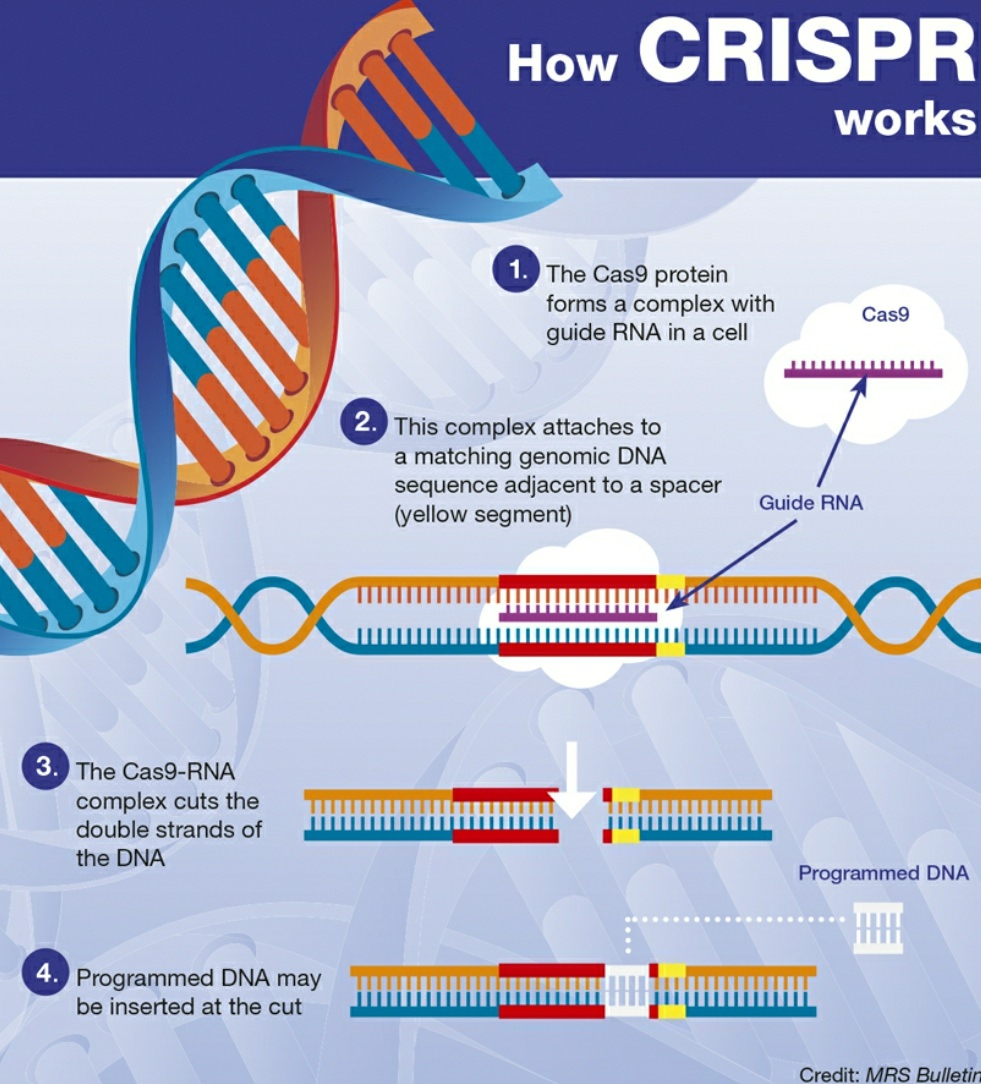CRISPR technology has emerged as a groundbreaking force in the realm of gene editing, offering promising avenues for treating genetic diseases, including sickle cell anemia. This innovative approach allows scientists to make precise modifications to DNA, raising tantalizing possibilities for curing ailments that were once deemed untreatable. However, while the potential benefits of CRISPR are immense, they are accompanied by significant ethical considerations that stir heated debate within the scientific community. Questions about the implications of altering human genetics include issues surrounding health equity and the ethics of gene editing, particularly when it comes to making decisions about life-altering treatments. As we delve deeper into the discussion of CRISPR ethics, it becomes increasingly critical to address who holds the authority to decide which traits should be modified and how these decisions could impact our society at large.
Gene editing, often referred to as genome editing or genetic modification, is transforming our understanding of hereditary diseases and potential cures. This cutting-edge technology enables researchers to alter genetic sequences with unprecedented precision. However, alongside the bright prospects of treatments for conditions like sickle cell disease, there arises a complex web of ethical dilemmas that must be navigated. The discussions around the fairness of access to these genetic therapies highlight critical issues surrounding health equity, as not all individuals may benefit equally from these advancements. As we explore the promises and pitfalls of this revolutionary biotechnological innovation, societal values surrounding gene editing ethics will play a pivotal role in shaping its application and regulation.
The Promise of CRISPR Technology in Sickle Cell Treatment
CRISPR technology stands at the forefront of innovation in the field of gene editing, particularly for devastating diseases such as sickle cell anemia. By utilizing CRISPR, scientists have made significant strides in manipulating genes responsible for this painful condition, showcasing a vivid illustration of how biotechnology can transform lives. Instead of merely treating symptoms, CRISPR offers a potential ‘cure’ through precise edits at the genetic level. The ability to effectively alter somatic cells carries hope for countless individuals affected by sickle cell, suggesting a future where such genetic disorders could become relics of the past.
However, the implications of using CRISPR for diseases like sickle cell also raise profound ethical questions that must not be overlooked. While the prospect of a cure excites many, it prompts a critical examination of the moral responsibilities tied to gene editing. The challenge lies in balancing the aggressive pursuit of these medical advancements with necessary ethical considerations, especially concerning the value of human diversity and the potential for unforeseen genetic consequences.
Frequently Asked Questions
How does CRISPR technology impact gene editing for sickle cell treatment?
CRISPR technology revolutionizes gene editing by enabling scientists to precisely alter DNA sequences, making it possible to cure sickle cell disease. Through this technology, researchers can manipulate somatic cells to eliminate genes responsible for the disease. This has led to transformative treatments, but it also raises ethical questions regarding the costs and accessibility of such therapies.
What are the ethical considerations of using CRISPR technology in gene editing?
The ethics of gene editing with CRISPR revolve around moral implications, potential inequalities, and the risks of altering human genetics. Key questions include whether it is appropriate to engineer embryos or make decisions about genetic traits for future children. Additionally, concerns about who decides these matters highlight the need for robust ethical frameworks.
What challenges exist regarding health equity in CRISPR-based treatments for diseases like sickle cell?
Health equity challenges related to CRISPR treatments include disparities in access due to high costs, such as the $2.2 million required for curing sickle cell disease. This raises questions about who will receive treatments and how to ensure fair access globally, given that many patients suffering from sickle cell live in low-resource settings.
What role does oversight play in the ethical application of CRISPR technology?
Oversight is crucial in the ethical application of CRISPR technology, particularly concerning germline editing and cloning. Ensuring appropriate regulation is essential to prevent misuse or unmonitored experiments in countries with lax laws, which could lead to harmful practices and unintended consequences in gene editing.
How might CRISPR technology affect the definition of human variation?
CRISPR technology could alter the understanding of human variation by allowing genetic modifications that redefine what is considered ‘normal’ or ‘desirable’. This poses ethical dilemmas, as seen in controversial discussions about editing traits like deafness, which some view as a variation rather than a pathology. The implications of these changes challenge our perceptions of identity and diversity.
| Key Points | Details |
|---|---|
| CRISPR Technology Overview | A powerful gene-editing tool that can modify specific genes in organisms. |
| Ethical Questions | Raises concerns about altering human traits and the implications of such changes. |
| Case Study: Sickle Cell Anemia | CRISPR can potentially cure sickle cell disease, but questions arise on who should benefit and how much it costs. |
| Health Equity Issues | Costly treatment raises fairness and accessibility concerns, particularly for global populations. |
| Parental Decision Making | Debates on whether parents should decide genetic traits for their children, such as in cases of genetic conditions. |
| Regulation and Oversight | Concerns about international regulations and potential for misuse in contexts like genetic modifications for military applications. |
| Unintended Consequences | Gene editing might have unforeseen effects due to the complex nature of genes and their interactions. |
Summary
CRISPR technology represents a revolutionary advancement in gene editing, promising potential cures for genetic diseases like sickle cell anemia. However, this innovation comes with significant ethical dilemmas, including concerns about human modification, health equity, and parental control over genetic traits. As society grapples with these challenges, it is crucial to weigh the benefits against the ethical implications, ensuring that advancements in CRISPR technology are approached with caution and responsibility.
